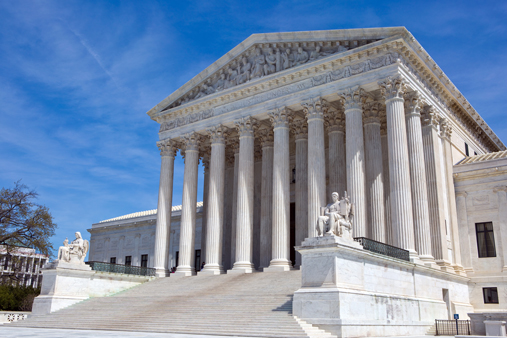The Food and Drug Administration (FDA) recently issued a draft guidance document titled, “Transfer of a Premarket Notification (510(k)) Clearance – Questions and Answers.” As stated in the introduction, the draft guidance advises medical device firms on how to notify FDA of the transfer of a 510(k) from one company to another. The draft guidance also includes information on the procedures FDA and industry should use to ensure public information about the current 510(k) holder for a specific device is accurate and up-to-date.
Answering a question that comes up surprisingly often, the draft guidance states “when a 510(k) clearance for a specific device is sold or transferred from one person to another and the device is not significantly changed or modified, FDA does not expect the submission of a new 510(k).” Although not stated, FDA likewise does not have to approve the transfer of a 510(k).
With regard to the accuracy of the information in FDA’s public database, the draft guidance notes that in August 2012, FDA required firms to include the FDA-assigned premarket submission number of cleared 510(k) devices with device listing information. “When an owner or operator creates a listing for a 510(k) device as a manufacturer, specification developer, repacker/relabeler, single-use device reprocessor, or remanufacturer, this signals to FDA that they are the current 510(k) holder for that device, because these entities are responsible for the commercial distribution of the device.” Firms are required to update their listing information at least annually and there may only be one 510(k) holder for a device at a time.
The draft guidance states that firms notify the FDA of a 510(k) transfer by complying with the registration and listing requirements. Firms are required to update their registration and listing information annually, and new establishments are required to register and list within 30 days of entering into an operation described in 21 CFR 807.20(a). These provisions assure that FDA’s database is reasonably up-to-date.
Interestingly, the draft guidance states that if two or more firms claim to be the owner of the same 510(k), FDA will attempt to determine “the rightful owner.” The draft guidance says little about the procedure FDA will follow to make such a determination. The entire discussion appears below:
FDA will contact both persons claiming to be the 510(k) holder and attempt to determine the rightful 510(k) holder. In the event of a dispute, a court order, attestation from a previous, uncontested 510(k) holder, legal instrument such as a contract or will, and/or other documentation of the sequence of historical transfers of the 510(k) clearance, up to and including the current holder, may be submitted as evidence to establish the current 510(k) holder and support updating the information in the FURLS database.
It is not clear what authority or competence FDA has to make this decision. Perhaps it will limit its intervention to clear cases.
Another matter not addressed by the draft guidance, but generally well-known, is that the transfer of a 510(k) can trigger an FDA inspection of the transferee. Firms acquiring 510(k)s from others should use the time between the acquisition and the updating of their registration and listing information to ensure that they are prepared for an inspection.
A copy of the draft guidance can be found here.
For more information, please contact the Barnes & Thornburg LLP attorney with whom you work or one of the following attorneys in the firm’s Food, Drug & Device Group: Lynn Tyler at (317) 231-7392 or lynn.tyler@btlaw.com; Hae Park-Suk at (202) 408-6919 or hae.park.suk@btlaw.com.
Visit us online at www.btlaw.com/food-drug-and-device-law-practices.
©2015 Barnes & Thornburg LLP. All Rights Reserved. This page, and all information on it, is proprietary and the property of Barnes & Thornburg LLP. It may not be reproduced, in any form, without the express written consent of Barnes & Thornburg LLP.
This Barnes & Thornburg LLP publication should not be construed as legal advice or legal opinion on any specific facts or circumstances. The contents are intended for general informational purposes only, and you are urged to consult your own lawyer on any specific legal questions you may have concerning your situation. Visit us online at www.btlaw.com and follow us on Twitter @BTLawNews.









/Passle/6488d4630e7e25c9ac9f834a/MediaLibrary/Images/2024-07-18-19-15-33-047-669969d52008239f764a11af.png)


/Passle/6488d4630e7e25c9ac9f834a/SearchServiceImages/2024-07-17-15-17-44-967-6697e0980752df56d2441ada.jpg)
